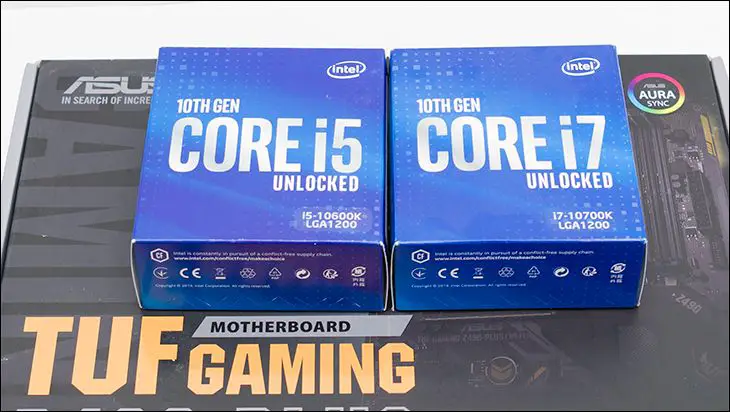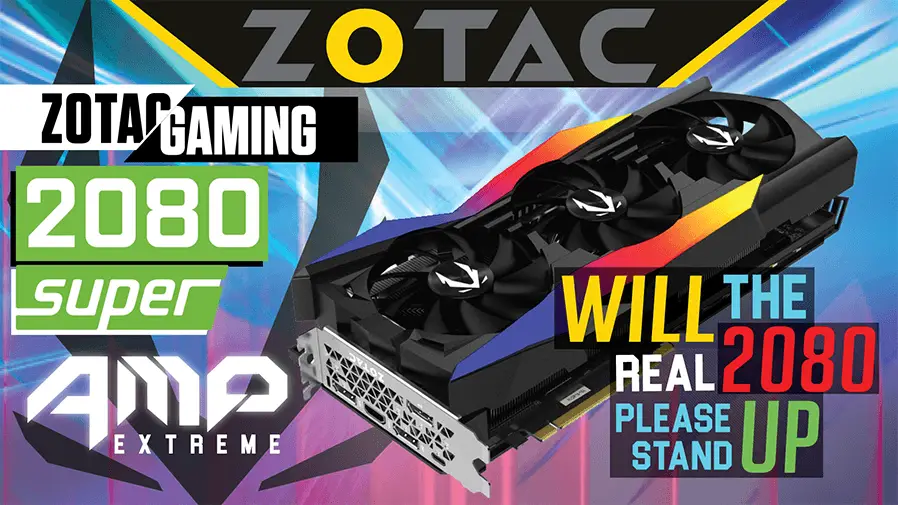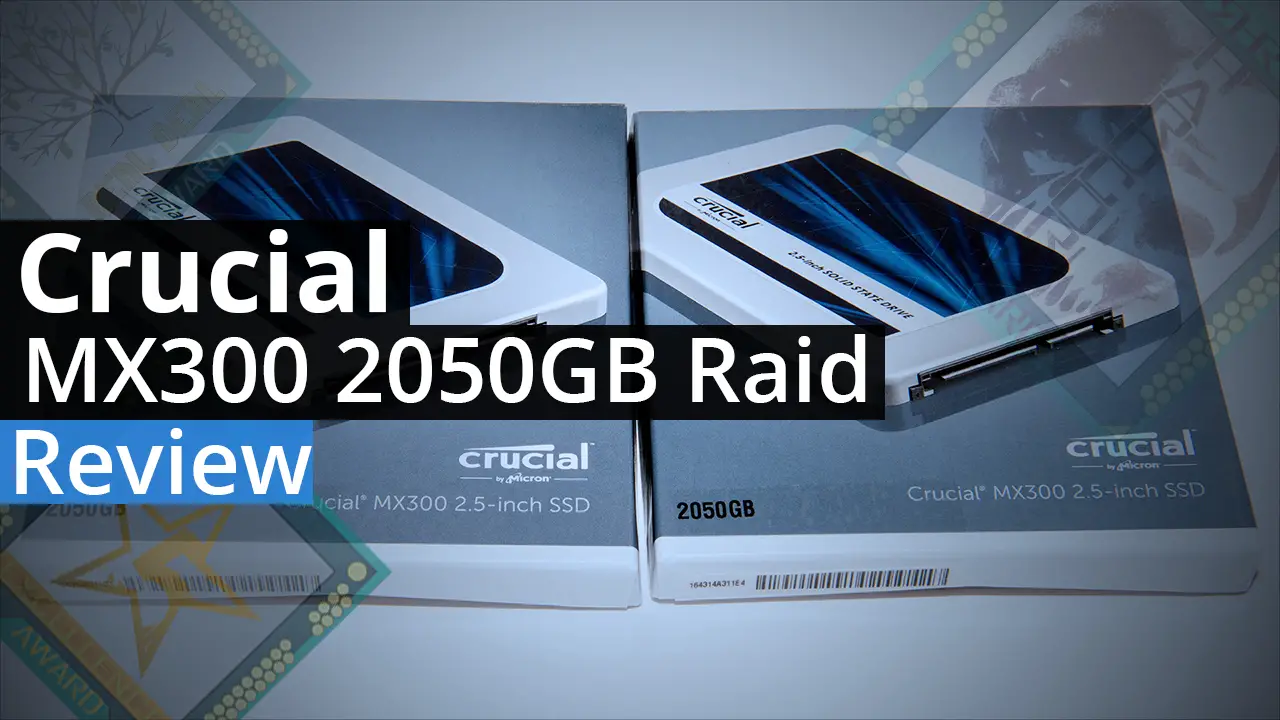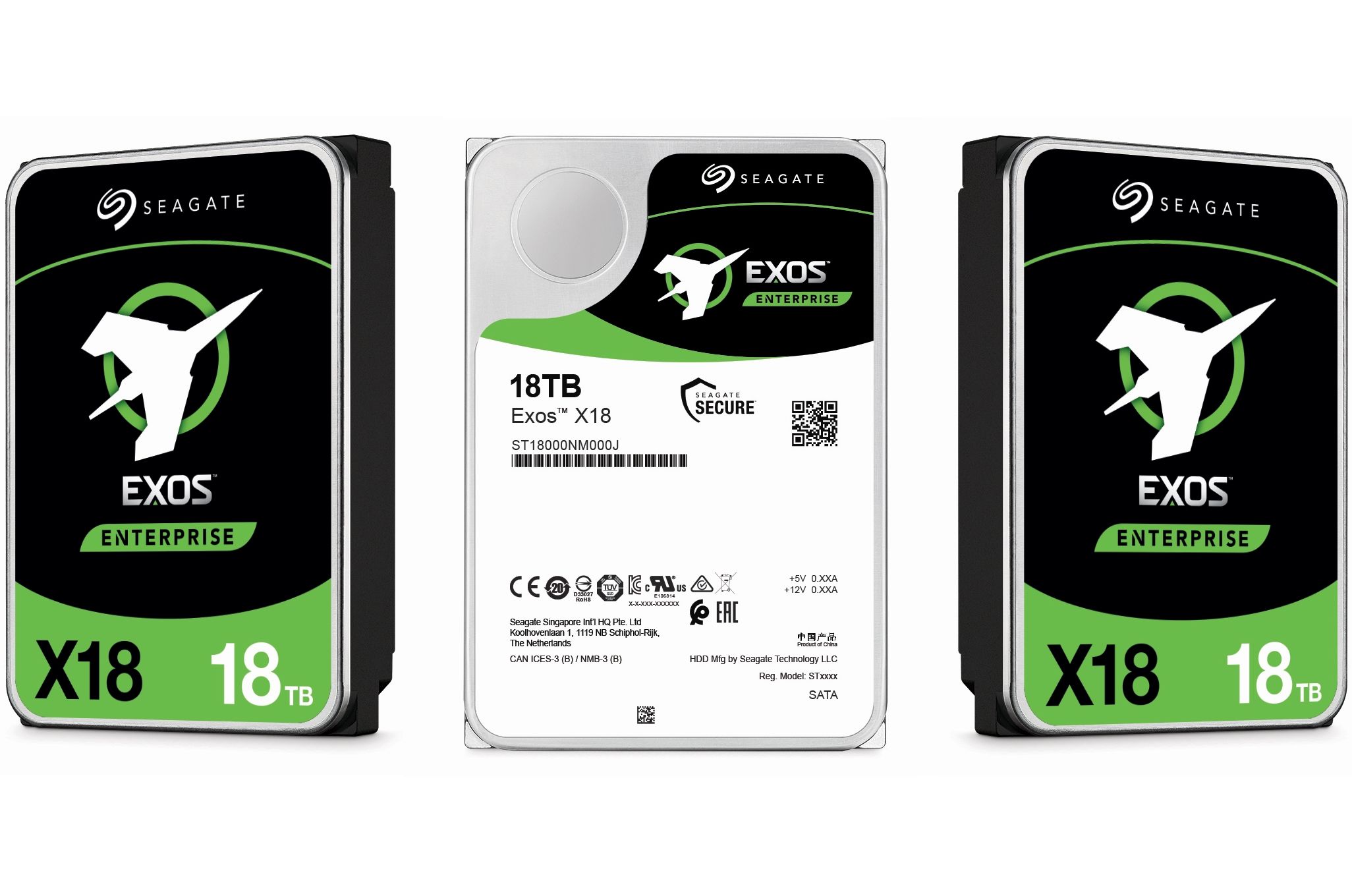Let us start by stating that as power users who can make full use as many cores as a manufacture can carve into a piece of silicon, we like more cores. We like more cores a lot… but the average home user should not care too much about it. They are not “power users” routinely running super CPU intensive programs. So, they do not need “HEDT-lite” style processors. Instead, the typical home buyer of a AM4/s1200 CPU are not going to actually harness the full potential of even six cores/ twelve threads often enough to justify the higher asking price that goes along with higher core count options… and those that do will find the i7’s 8/16 abilities well beyond ‘good enough’ and firmly into ‘overkill’ territory. Certainly not as overkill as a ten/twenty Core i9, let alone 16 core Ryzen 5950X, but excellent future proofing for the next couple years.
In the coming years this equation will drift further and further into AMD’s “core count over core frequency” centric territory (assuming Intel is unable to keep up with core counts) but right now the state of the home application industry is terrible from a thread optimization standpoint. A lot, including heavy hitters like Adobe, are being extremely… “slow” to optimize their applications to take full advantage of massive thread count processors now available. We do not see that changing much in the next 2 or 3 years, and beyond that most people will be looking at a new system, and those that do not will be using relatively slow processors no matter their core count. As such, arguments over why the typical home user should go for “moar cores now!” at the expense of the frequencies per core are… less than compelling to say the least.
Internet pundit’s aside, this is also true of home users who do a bit of video editing, or even video transcoding. Few will find any modern generation 6 core or higher CPU ‘slow’. Thus, the ongoing ‘core wars’ in the consumer marketplace is as dumb as the previous ‘Gigahertz wars’ were. This is our opinion, and the underlying assumption(s) we have made when comparing Intel vs AMD’s $250 to $400 range processors that are widely available today. You may disagree. Maybe the Ryzen 5000-series is widely available by the time you read this review and it changes the equation. No matter what, do your own research. Draw your own conclusions based on your needs. Not what anyone tells you… as it is your money and your system. Not theirs.
So with that out of the way, let’s start with the obvious. In ‘Blue’ corner you have the 8c/16t Core i7-10700K at $375 and the 6c/12t Core i5-10600K at $270. In the ‘Red’ corner you have the $245, 6c/12t Ryzen 5 3600X, the $305 8c/16tRyzen 7 3800X, and arguably the 12c/24t $450 Ryzen 9 3900X.

None of these are slow processors. They may be inexpensive, but that is because of such stiff coemption. Not because they are ‘slow’. As little as two years ago HEDT “Skylake X 9000-series” processor options included six and eight core models and it was only with “Cascade X 10000-series” that Intel dropped 6 and 8 core options from their High-End DeskTop line-up (aka poor man’s workstation CPU series). Compared to those HEDT’ers all are going to be faster in all but memory intensive applications. If such “low” core counts were good enough for entry-level workstations in 2018 and 2019, they are still more than enough for typical home users in 2020, 2021 and probably 2022.
The twelve core / twenty four thread Ryzen 9 3900X is an oddball and really is not going to net the typical “5” or “7” buyer much real world advantage over the 5 or 7 options (be it Core i5/i7 or Ryzen 5/7). Instead, the extra cores will just sit idle the majority of the time. As such, if you have the cash for a Ryzen 9 you are not the targeted demographic of any ‘5’ or even ‘7’ series CPU. Refer to our Core i9-10900K review for a more reasonable ‘apples to apples’ comparison.
Depending on the scenarios you typically run, the less expensive Ryzen 7 3800X is a very good alternative; however, those scenarios are few and far between. AMD’s Ryzen 3000-series uses/used higher core counts to make up for its lower IPC and lower frequencies. It also made use of SMT (Simultaneous MultiThreading…. AKA AMD’s version of Hyper-Threading technology) to double its thread count compared to what Intel was offering when it was released. Time marches on. Now none of those three things apply when comparing an Intel 8c/16t CPU to an AMD 8c/16t CPU in typical home user workloads.
This goes double when thinking about gaming performance. There is a noticeable difference in performance in games, with Intel still reigning supreme ‘older’ tech or not… as for all intents and purposes a 10th generation Core i7 is a slightly faster/refined/polished/boosted version of the 9th generation Core i9 model. As such, the Core i7 10700K may be worth the added expense. It certainly is worth the extra money if you plan on overclocking. Once you start overlcocking both ‘teams’ 7 CPUs, the performance gap between Intel Core i7 and the Ryzen 7 3800X only grows… plus it is just plain more fun to overclock Intel CPUs. Your mileage may vary, and either ‘team’ have good options that are not only worth your time to investigate further but are pretty much disappointment proof. They both have their strengths and weaknesses; but overall, most buyers would/will be satisfied with either option – even if you choose based on flipping a coin.

While not cut and dry for the Intel vs. AMD ‘7’ models, the same is not true for both companies’ ‘5’ offerings. Here Intel reigns supreme. Yes, a Core i5-10600K will set buyers back an extra 25’ish dollars over what AMD asks. That is a rounding error when dealing with a budget for a typical full system build. In return for tiny bit more money, the Intel Core i5-10600K offers a higher base clock frequency, a higher single core boost frequency, higher all core frequency, better IPC, and is only inferior in the cache amount it offers. Even here the way AMD designs their 3000-series means that it is not all that much inferior… as AMD Zen 2 cache latencies can be a performance killer and why AMD makes such a big deal out of the Ryzen 5000-series improving it.
As such, the choice is clear: Intel has an advantage. Arguably such a great advantage that the Core i5-10600K is a better value than its bigger sibling the Core i7-10700K. Whether or not Intel can keep that advantage in the coming months is unclear. It will only become clear when both Ryzen 5000-series and Intel 11th generation Core series are widely available. Those who state otherwise are trying to sell you something. In either case, and regardless of future outcomes, this level of cut-throat competition is great for us the consumer. Hopefully it continues for years and years to come!











